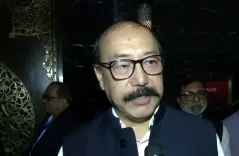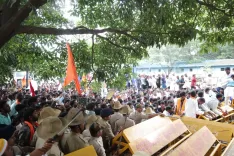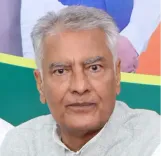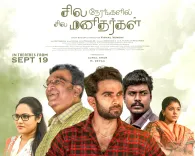Former Tripura Chief Minister Chooses ‘Namaste’ Over ‘Red Salute’ to Honor Late Leaders
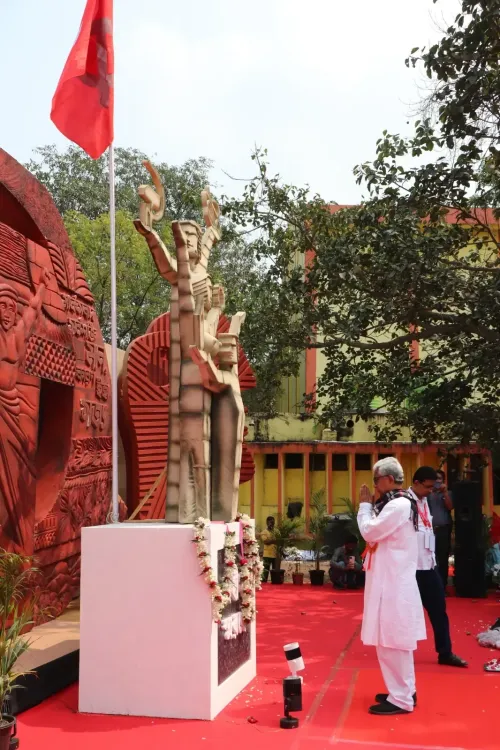
Synopsis
Key Takeaways
- Manic Sparker favored ‘Namaste’ over ‘red salute’.
- The conference will select a new state committee.
- Focus on reviving support among minorities and economically backward classes.
- Strategies to address BJP and Trinamool Congress polarization.
- Internal document reveals Trinamool Congress as a major beneficiary of political trends.
Kolkata, Feb 22 (NationPress) CPI-M politburo member and former Tripura Chief Minister Manic Sparker, during the inaugural day of the party’s 27th state conference in West Bengal on Saturday, opted for the conventional ‘Namaste’ instead of the Communist-symbolized ‘red salute’ while paying tribute to two departed party leaders: the former general secretary, the late Sitaram Yechury, and the former Chief Minister of West Bengal, the late Buddha Bhattacharjee.
In contrast, all other attendees at the state conference adhered to their traditional methods, employing the “red salute” to pay respects to the leaders.
Although there was no official clarification from party leaders regarding the former Tripura Chief Minister’s distinctive choice, a party member close to him mentioned that Sarkar has consistently favored the traditional “Namaste” for honoring deceased individuals, including party figures.
The 27th state conference holds particular significance as it will lead to the selection of a new state committee, crucial for the upcoming state Assembly elections in 2026.
Commencing on Saturday, the conference will run until February 25 and conclude with an open session revealing the newly formed state committee.
The primary objectives of the state conference include reviving the traditional electoral support of CPI-M among minorities and socially as well as economically disadvantaged classes, alongside formulating strategies to address the increasing trend of binary political polarization in West Bengal between the Trinamool Congress and the BJP.
In its latest internal document analyzing electoral strategies, the CPI-M leadership has acknowledged that the Trinamool Congress has become the main beneficiary of this polarization trend in the state.
"In West Bengal, the party has been contending with both the Trinamool Congress and the BJP for the last decade. In this endeavor, all party levels must focus more on politically and ideologically countering the BJP. This is crucial as secular-minded individuals perceive the Trinamool Congress as an effective opposition to the BJP due to the binary politics," the internal document of CPI-M stated.


